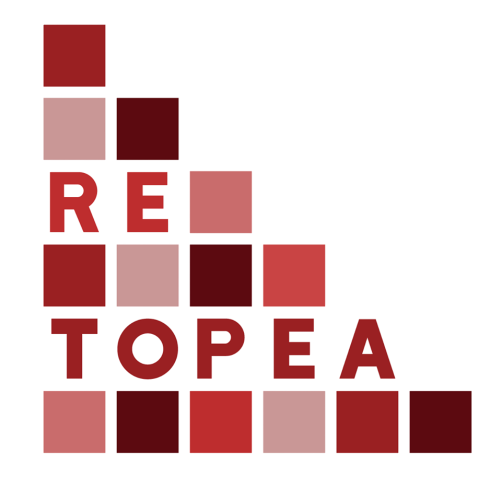Charter of Fundamental Rights of the European Union: religious freedoms
The Charter of Fundamental Rights of the European Union (CFREU) was solemnly proclaimed in December 2000 at the Intergovernmental Conference held in Nice, France – the formal procedure of negotiating amendments to the founding treaties of the EU. The rights proclaimed by the CFREU were drawn from various international and national sources, as well as from the European Community’s own 1989 Charter of the Fundamental Social Rights of Workers. The CFREU was further recognised by the European Parliament, the Council of Ministers and the European Commission as a major step forward in the human rights field. The European Union Agency for Fundamental Rights is an EU body created in 2007 with a mission of monitoring, collecting and analysing data related to the CFREU.
For more information on this and other peace treaties, see
Title
Charter of Fundamental Rights of the European Union: religious freedoms
content
Alongside Article 22, Article 10 hints at the EU major approach on religious freedoms. On one hand, with the CFREU, the EU recognises its cultural and religious diversity, while aiming at facilitation of a stronger cooperation within its popular core. On the other hand, the EU remains a highly secular body. The CFREU’s Article 10 corresponds to the Article 9 of the European Convention on Human Rights, which ensures the manifestation of one’s religion or beliefs ‘shall be subject only to such limitations as are prescribed by law and are necessary in a democratic society in the interest of the public safety, for the protection of public order, health or morals, or the protection of rights and freedoms of the others’.
Context
The Charter of Fundamental Rights of the European Union (CFREU) was solemnly proclaimed in December 2000 at the Intergovernmental Conference held in Nice, France – the formal procedure of negotiating amendments to the founding treaties of the EU. The rights proclaimed by the CFREU were drawn from various international and national sources, as well as from the European Community’s own 1989 Charter of the Fundamental Social Rights of Workers. The CFREU was further recognised by the European Parliament, the Council of Ministers and the European Commission as a major step forward in the human rights field. The European Union Agency for Fundamental Rights is an EU body created in 2007 with a mission of monitoring, collecting and analysing data related to the CFREU.
Questions
How do you understand the difference between the freedom of thought, conscience and religion and the secularity of the EU? What is the legal rationale? Why is it so?
Temporal Coverage
20th century
21st century
Spatial Coverage
Europe
Relation
Subject
Is Referenced By
transcript of
Charter of Fundamental Rights of the European Union
Audience
Yes
Creator
Naum Trajanovski
